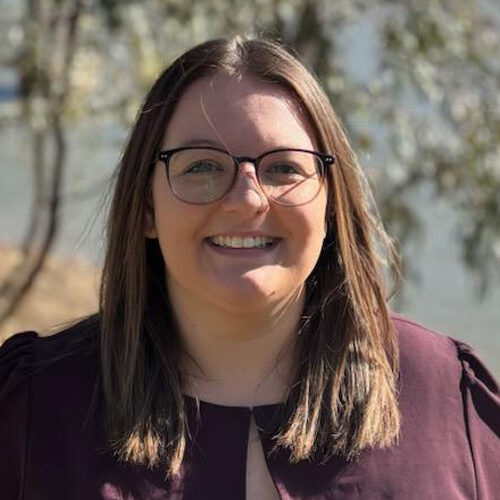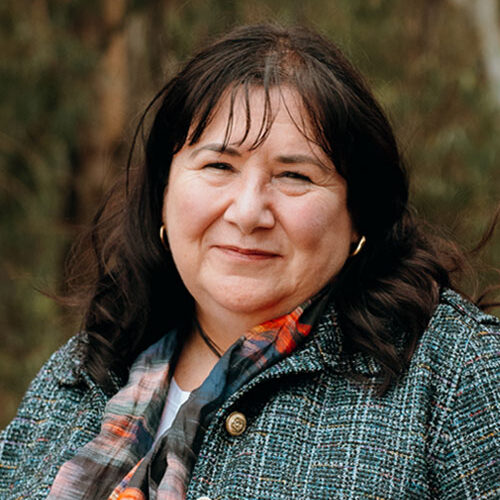Can Family Trusts Affect Your Property Settlement Agreement?

So, you’ve separated from your spouse, and you have a Family Trust.
It’s no secret that having a Family Trust can complicate property settlement negotiations, and you might find yourself wondering how it all works.
Yes — a Family Trust can affect your property settlement agreement if you or your former partner have control over the trust, as the Court may treat it as part of the asset pool.
Is it part of a property settlement agreement and can you withdraw a Family Trust distribution before an agreement is reached? Let’s take a look.
What is a Family Trust?
A Family Trust is a popular way of managing assets and protecting property now and into the future. It allows you to manage your money or assets in a way that is more tax effective and beneficial to your family, while limiting liability if anything happens to your business or you need rest home care in the future.
They work in a similar way to when a parent opens a bank account for a child. While the account and money belong to the child, the parent is the person responsible for managing and controlling the account. When you set up your Family Trust, the trustees are responsible for managing the trust while the beneficiaries receive the Family Trust distributions.
Are Family Trusts Included in a Property Settlement in Victoria?
You’ve probably heard stories before of people setting up a trust to avoid certain assets being part of a property settlement dispute should their relationship break down in the future. While this is a popular belief, it’s a little more complicated than that.
A Family Trust is considered a part of your asset pool for a property settlement agreement in cases where you’re more than a beneficiary, that is to say, you have some level of control over the trust. The Federal Circuit and Family Court of Australia outlines how financial matters are determined following separation.
Your level of control over a Family Trust is determined by considering:
- The terms of the trust deed
- Who the trustees and appointer (guardian) of the trust are
- The degree of influence you or your ex-partner have over the trustees or appointer (if they aren’t either of you)
- Who the beneficiaries are
- The history of any Family Trust distributions
- How the trust assets were acquired
- Contributions by spouses to any property owned by the trust
- What benefits you and your ex-partner derive from the trust such as loans, vehicles, or expense payments
How the Court Determines Control of a Family Trust
Whether you are considered to have control over a trust is going to have a significant impact on:
- Whether you can withdraw money legally from it after separation
- Whether it will be considered an asset in property division
It’s a good idea to discuss your Family Trust situation with an experienced lawyer to determine whether the Family Trust is part of your property after separation before you make any withdrawals.
Can you withdraw money from a Family Trust after separation?
Whether you can withdraw money from a Family Trust after separation is highly dependent on:
- Your circumstances
- Who set the trust up
- What the purpose of the trust is
- The level of control you have over the trust
- What you are withdrawing the money for
How Family Trust Distributions Impact Property Settlement Agreements
Regardless of relationship status, any Family Trust distribution request needs to be made in writing and must be for the benefit of the beneficiaries as set out by the trust deed. It will not be possible to withdraw money before or after a separation if these requirements aren’t met, though there are certain circumstances where the written request can be provided up to five days after the withdrawal.
It is also important to note that should you successfully withdraw a Family Trust distribution; you could be asked to pay some or all of it back as part of your property settlement agreement – even if it was used for your children. So, while you can withdraw a distribution from a Family Trust in accordance with the trust deed, it would be wise to seek legal advice before you do so. Should your ex-partner disagree with your withdrawal of money, you could find yourself in a lengthy and expensive court battle.
Speak to a Property Settlement Lawyer in Victoria
We understand how complicated it can be to work out your entitlements after separation. Here at Joliman Lawyers, our team of specialised family lawyers will listen to your situation and provide the advice, guidance, and assistance you need to ensure you make the right decision for you and your family.
Joliman Lawyers assists clients across Swan Hill, Echuca, Kerang and Cohuna with complex property settlement matters involving Family Trusts.
Call us today, we’re here to help.






















